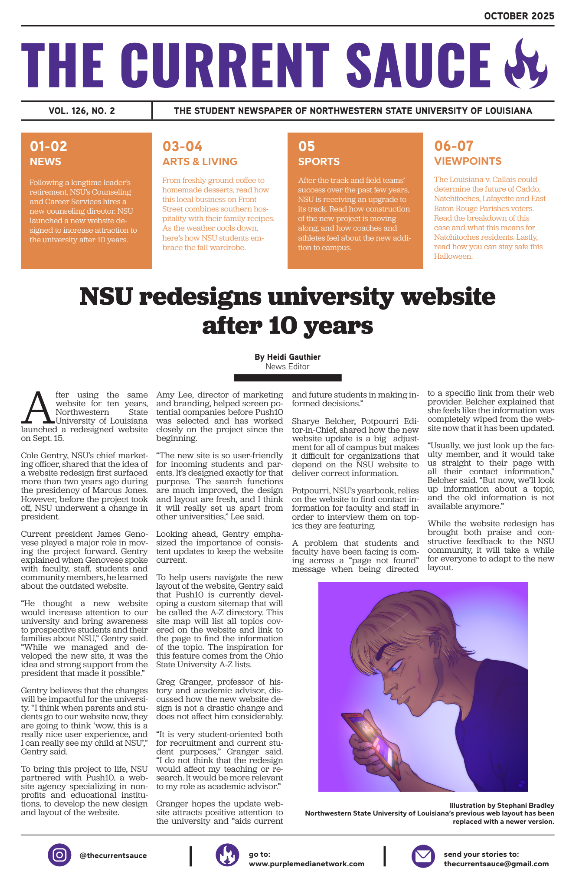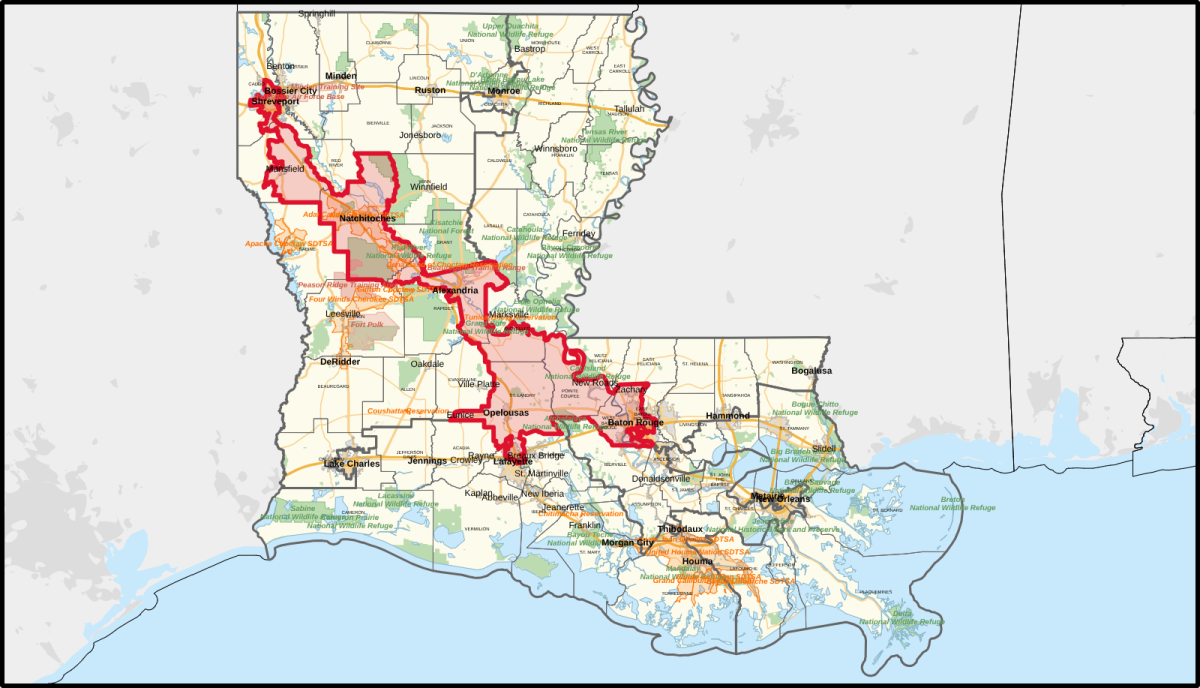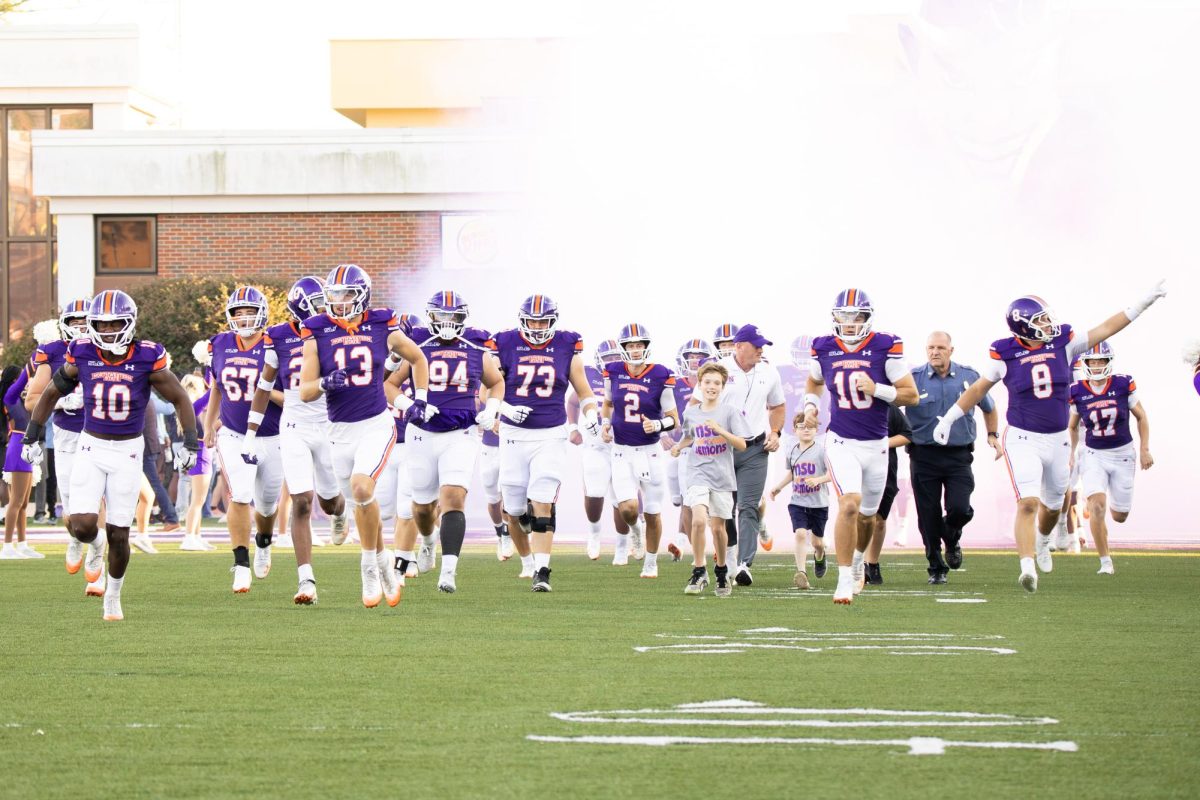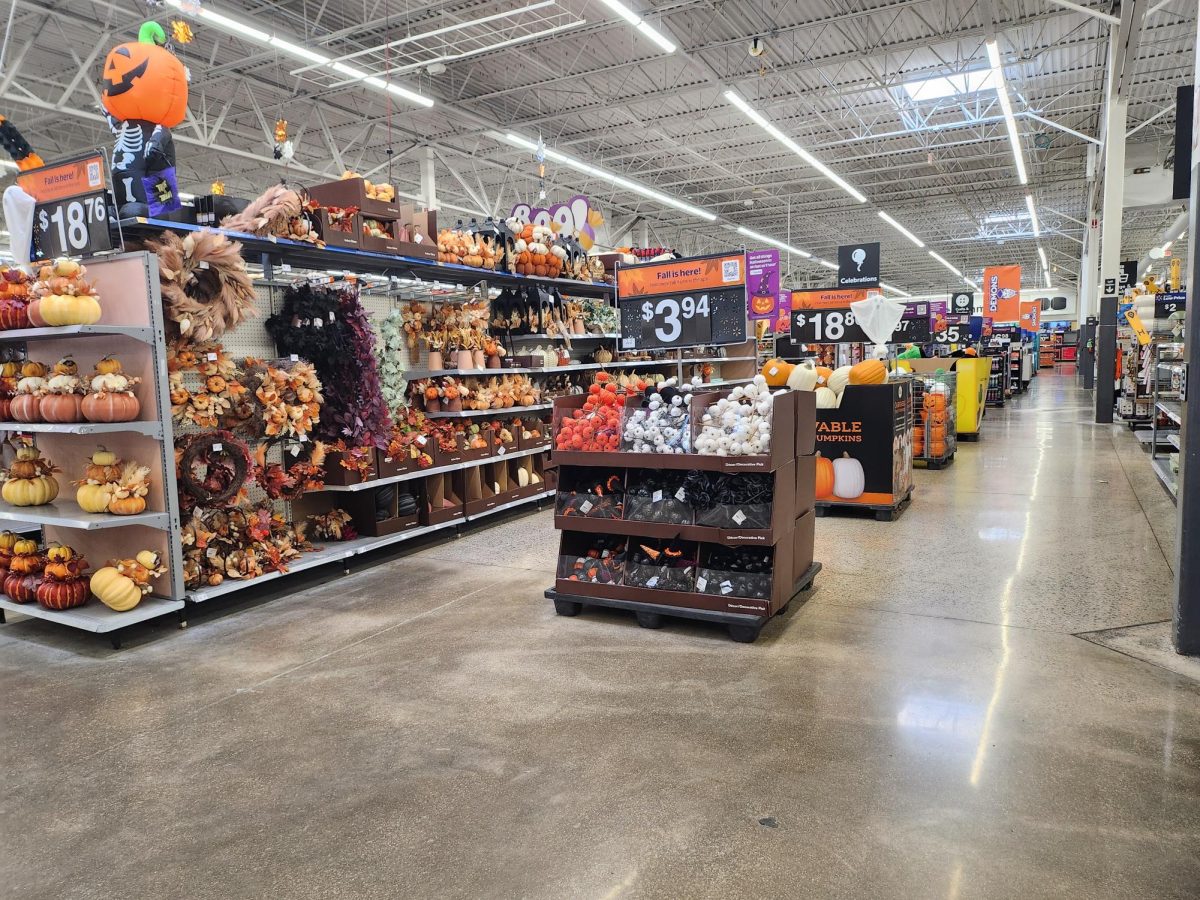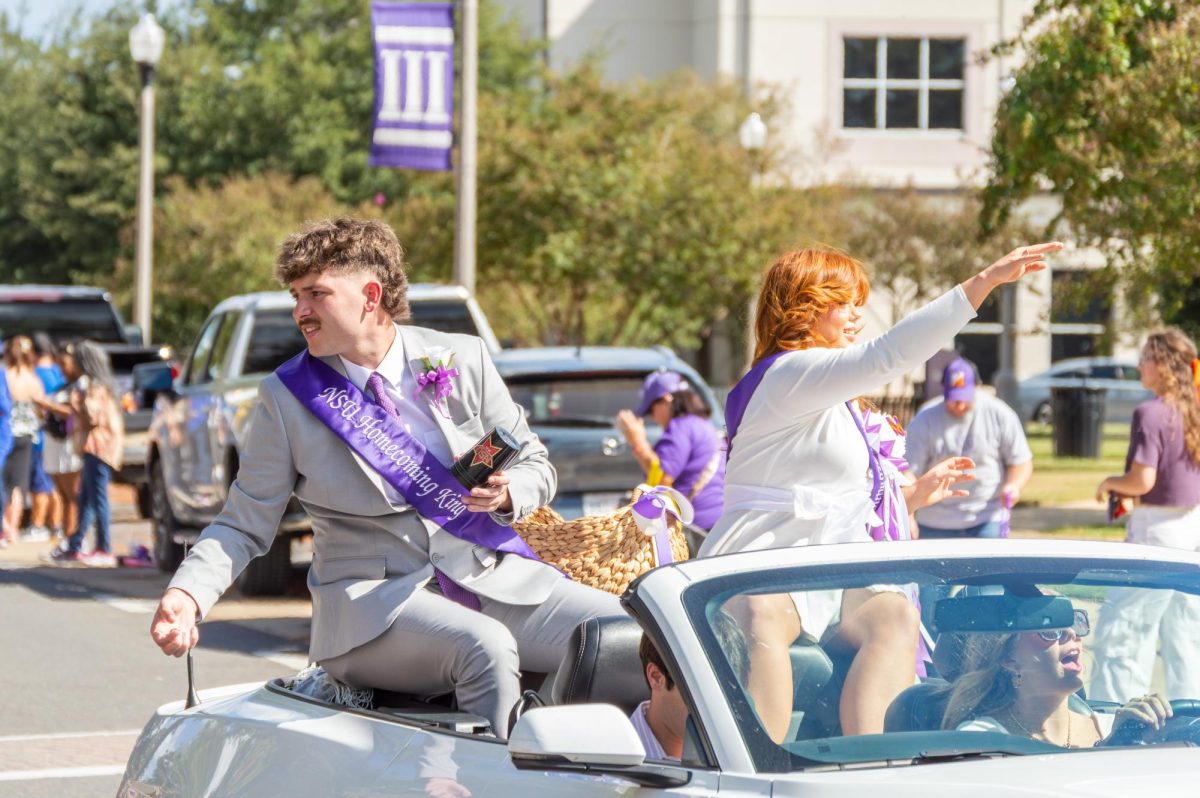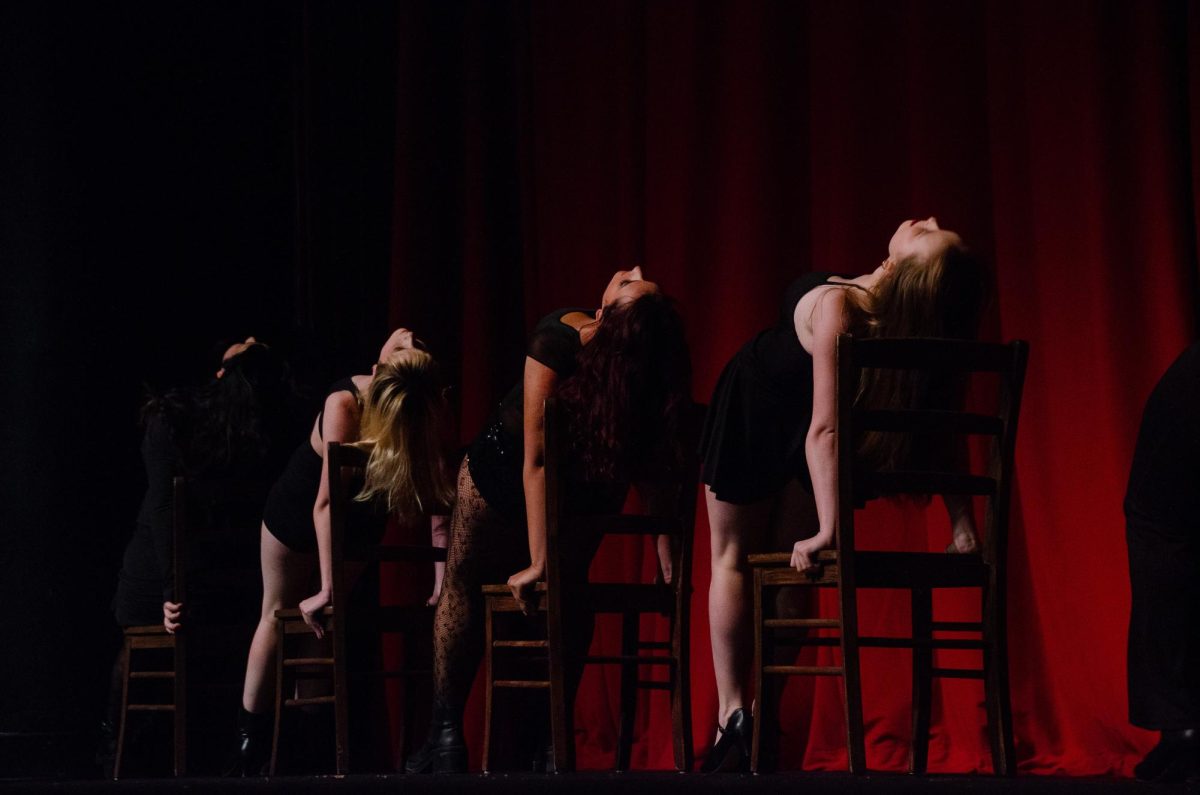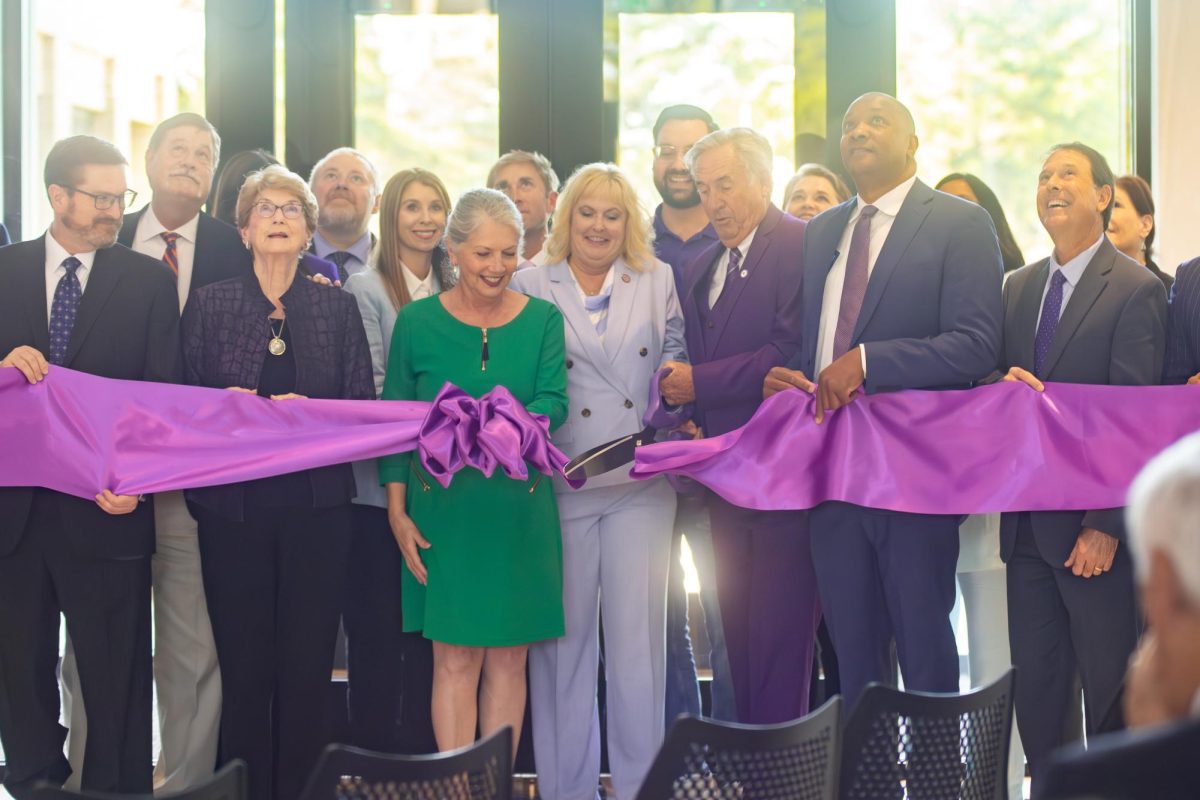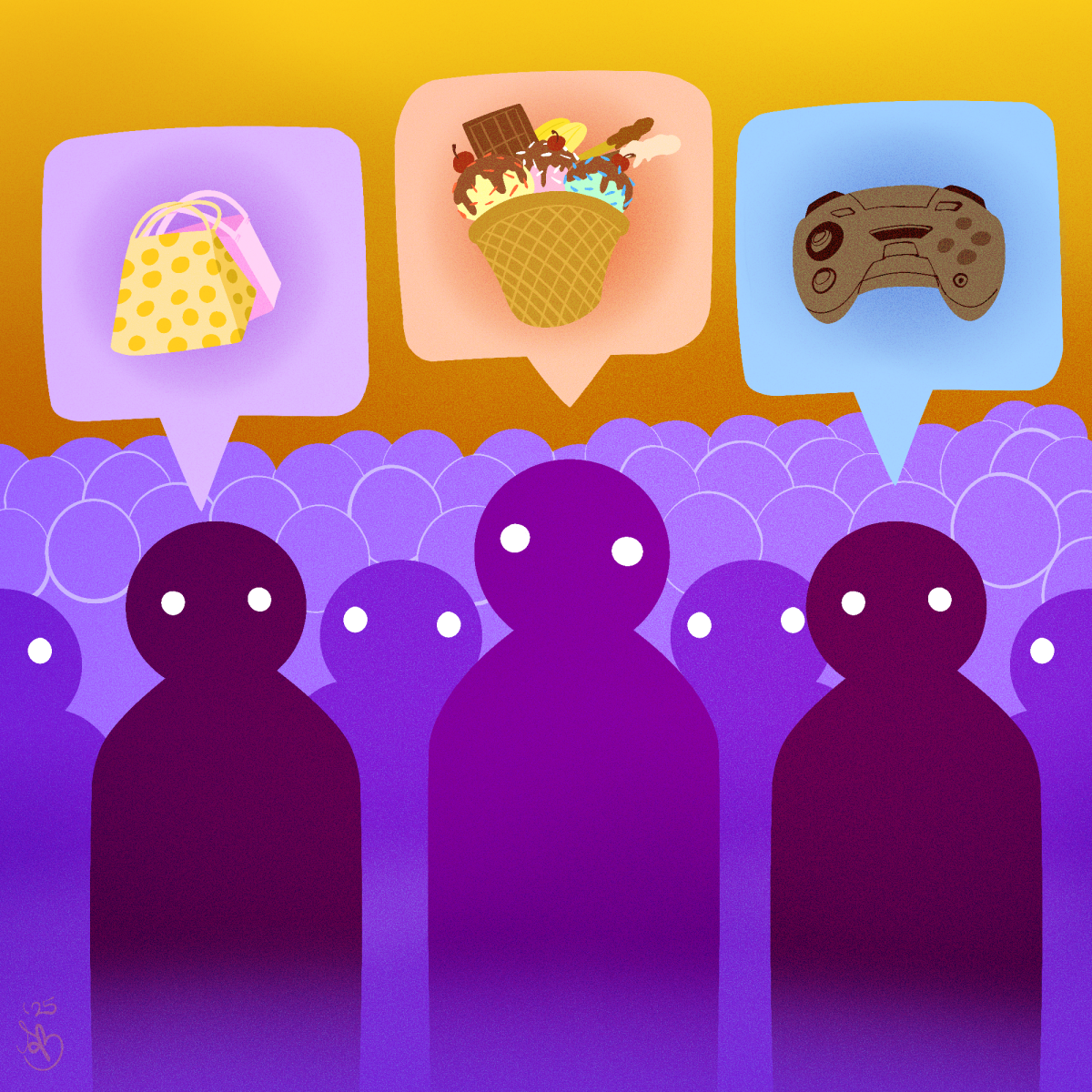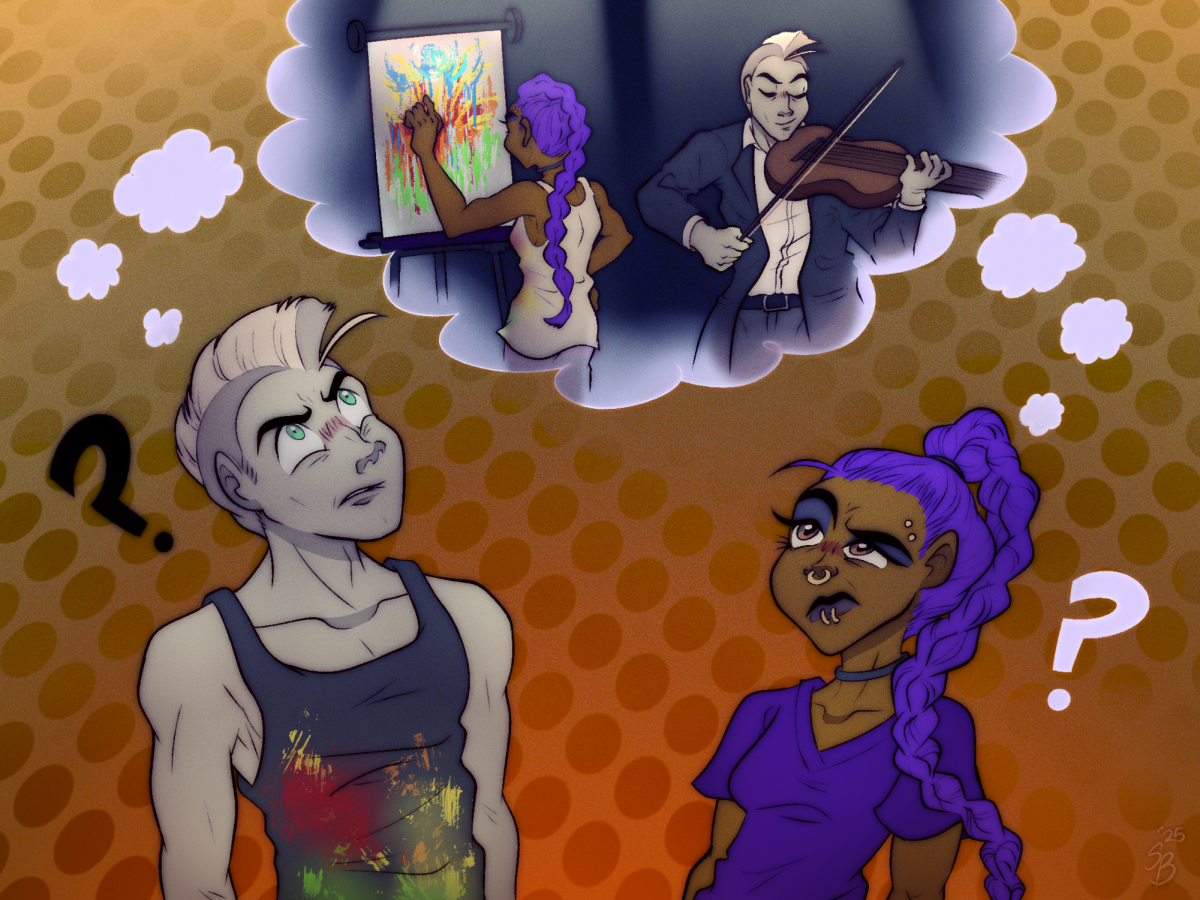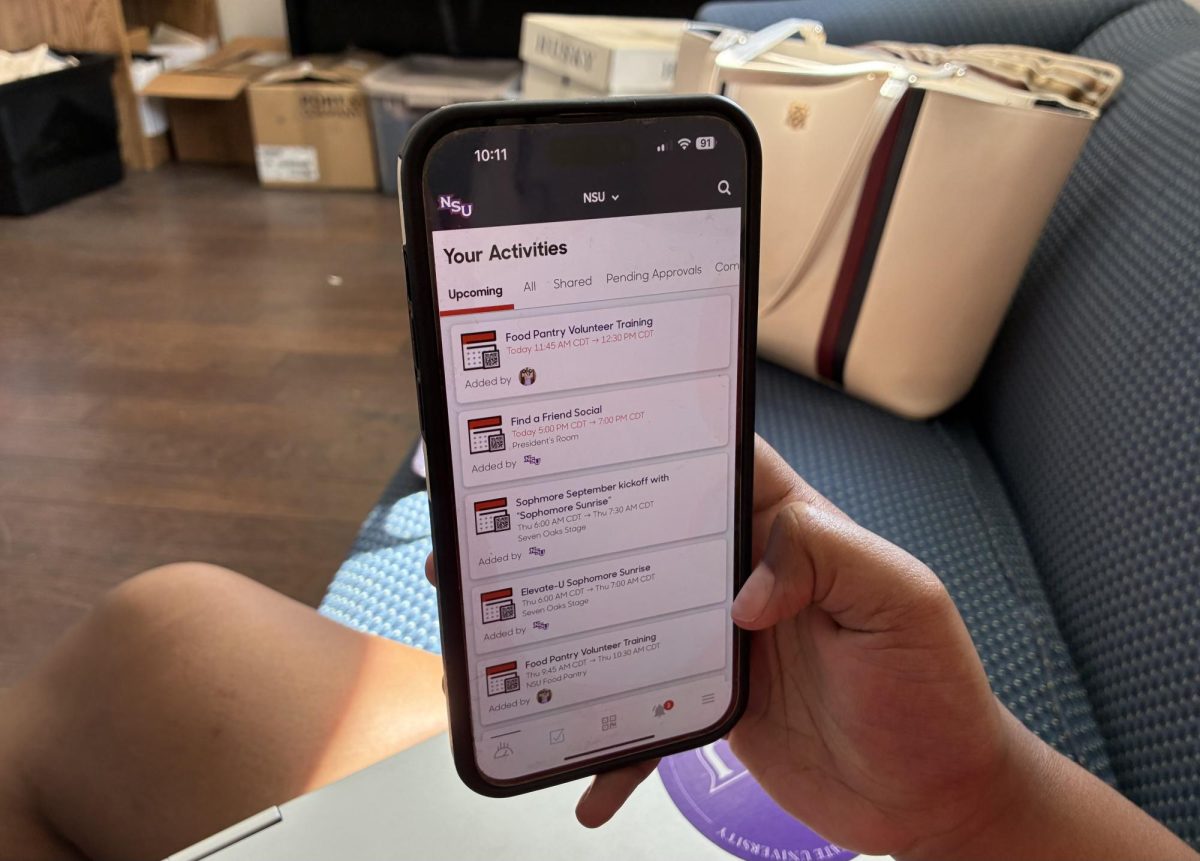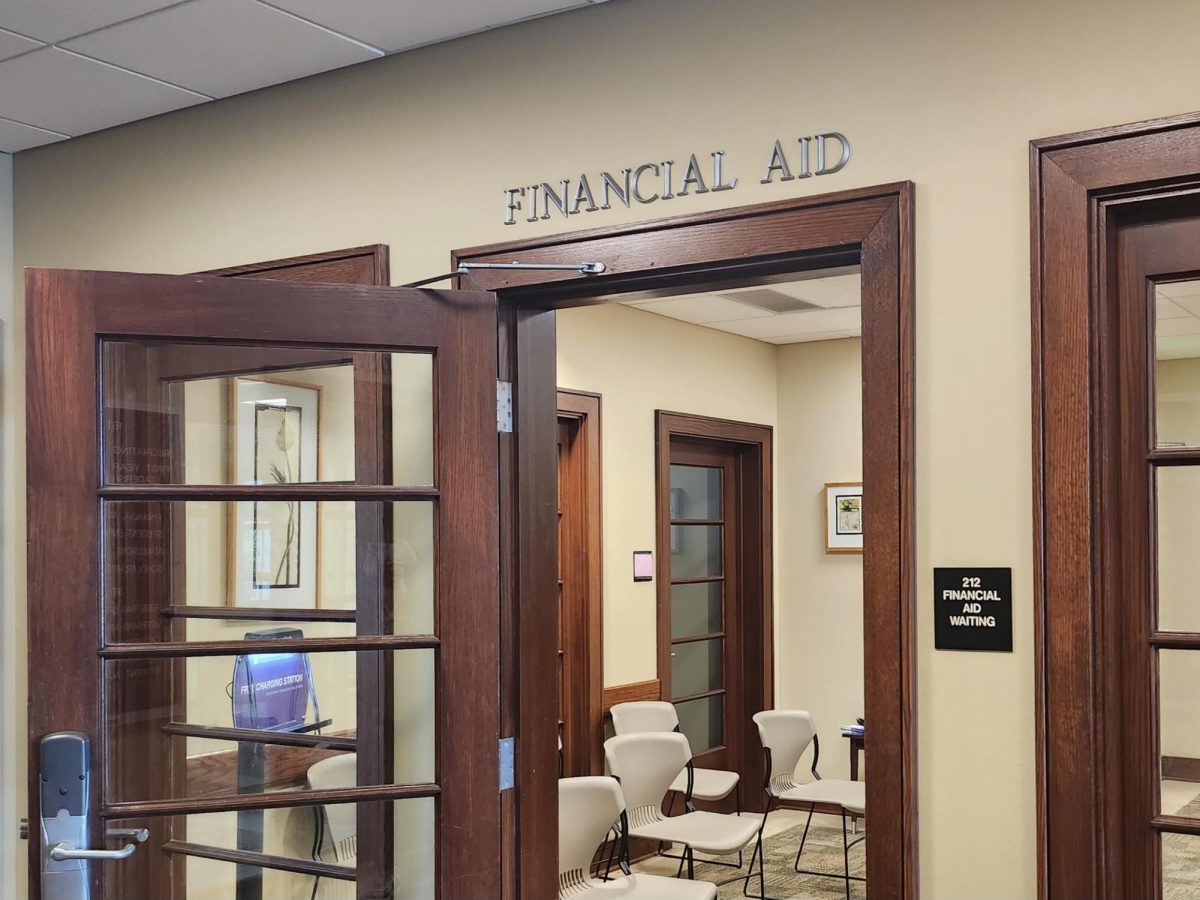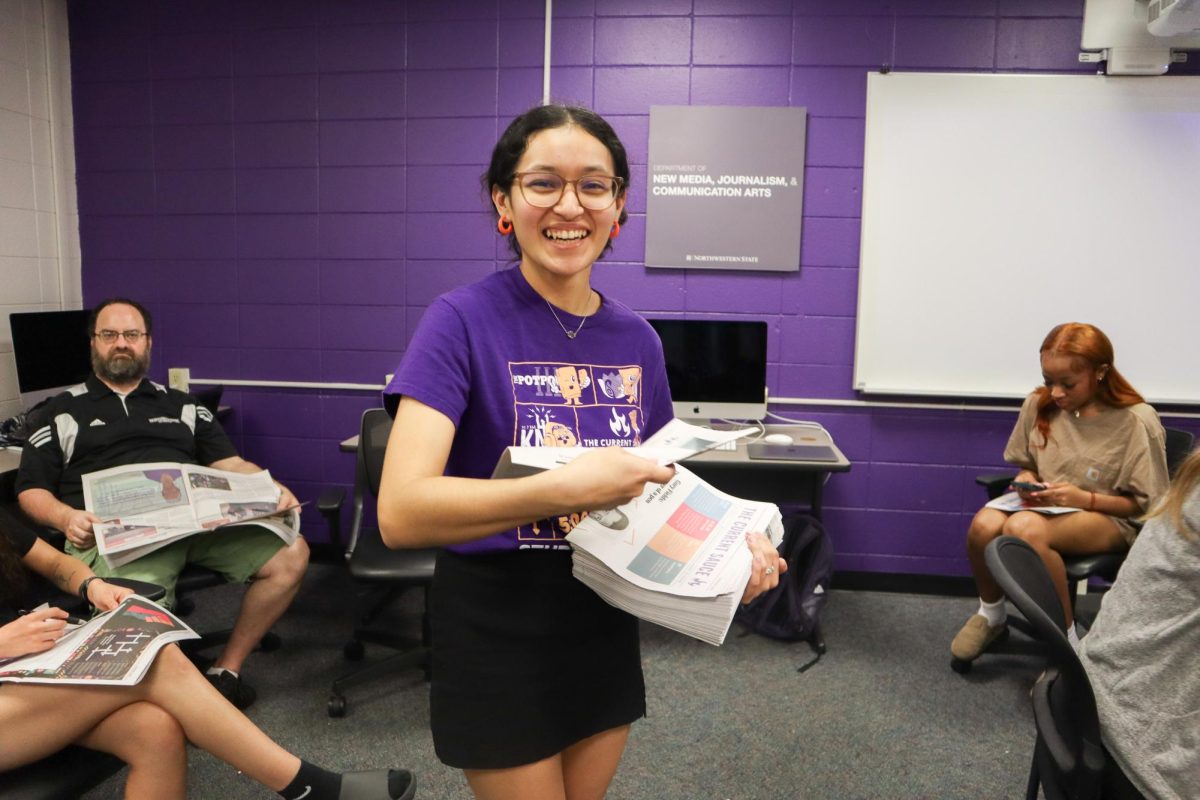What do Caddo, Natchitoches, Lafayette and East Baton Rouge Parishes have in common? They are all part of Louisiana’s 6th congressional district.
Congressional districts are sections of the state map that are strategically drawn to categorize voting communities. Each district elects its own representative to Congress.
These districts are intended to represent the interests of a certain geographic area. For example, Louisiana’s 1st congressional district contains the southeasternmost part of the state. But even to someone with little political knowledge, District 6 looks weird. Why does our district snake up and down the state?
If you look at the demographics of Louisiana reported by the United States Census Bureau, a certain pattern emerges in District 6. The district contains communities spanning a wide geographic range, but the factor connecting these areas is evident: they all have a large Black population.
Every ten years, the United States conducts a census. The census collects demographic information from everyone living in the country, and congressional maps are drawn with this in mind. The census discovered that Louisiana has an approximately one-third Black population.
The American Redistricting Project states, when a map was drawn in 2022 that gave Black voters a majority in only one out of six districts, there was a major problem.
According to the Democracy Docket, Black voters (who statistically lean more towards the Democrat party), “are ‘cracked’ across multiple districts and ‘packed’ into one district to ensure that they can only elect the candidate of their choice in one district, not two.”
Thus, a new map was drawn to create the serpentine District 6. Now, there are two congressional districts with majority Black populations. Problem solved, right? But wait.
A group of non-Black voters in District 6 took issue with the new map, claiming that “Louisiana engaged in discrimination against them by drawing districts based on race and providing Black voters the opportunity to elect candidates of their choosing,” according to the League of Women Voters.
An accusation of unfair racial gerrymandering is not to be taken lightly. The case Louisiana v. Callais will be heard by the U.S. Supreme Court on Oct. 15. What does this mean for voters in Louisiana?
In essence, our state is stuck between a rock and a hard place. The Voting Rights Act of 1965 supports the drawing of maps such as our District 6. Although it does not have a compact shape, it gives representation to Black voters who would otherwise have their votes overpowered.
On the other hand, the non-Black plaintiffs in the Louisiana v. Callais case argue that the 14th Amendment prohibits the drawing of congressional lines based on race.
Compare this to when somebody, in an attempt to sound non-racist, claims that they “do not see race.” This, of course, is problematic because it shows an insensitivity to the real disadvantages faced by Black Americans. The plaintiffs in this case are arguing that congressional districts should not see race, which threatens Black voters in our state.
The National Association of Advanced Colored People Legal Defense Fund, speculates that the plaintiffs are not earnestly trying to abide by the 14th Amendment, but rather, “to once again undermine the political power of Black Louisianians.”
If the Supreme Court decides in favor of the plaintiffs on Oct. 15, there will be a precedent to weaken the Voting Rights Act of 1965. Minority voters in Natchitoches would have less representation in Congress, which will have a lasting political impact.
So, what can we do? Unfortunately, Supreme Court decisions are only made by judges. However, we can raise awareness about these issues, keep ourselves informed and call our local representatives to urge them to seek solutions.
Natchitoches residents are represented by Congressman Cleo Fields. His Shreveport office can be contacted at (318) 761-7990 and his Baton Rouge office at (225) 952-1965. Congressional representatives should be made aware of the concerns of the people so that they may offer legislative solutions.
Every vote should matter in Louisiana, no matter where you live or what you vote for. Together, we can make our state better.

